- 3056
- 2
Sharing Ideas and Updates on LPG in Nigeria and related information to enable effective collaboration within the LPG Value Chain
Building Nigeria's Gas Infrastructure: A Call For Sustained Government Support

The Nigerian Midstream and Downstream Gas Infrastructure Fund (MDGIF) under the Nigerian Midstream and Downstream Petroleum Regulatory Authority (NMDPRA) is urging continued government incentives to foster investment in Nigeria’s growing gas sector. Following a recent disbursement of N122 billion aimed at advancing gas infrastructure, MDGIF’s Executive Director, Mr. Oluwole Adama, emphasized the importance of a supportive policy environment for driving private sector investment in gas processing, transportation, storage, and distribution.
At the OTL Africa Summit in Lagos, during the session “New Energy Order: Updates on Gas, CNG, and LPG,” Mr. Adama highlighted how government support could enable a stronger and more stable gas industry. He argued that Nigeria’s abundant natural gas resources should be a keystone in the nation’s energy transition, positioning gas as a cleaner, more sustainable fuel in line with global energy trends.
Why Incentives Are Key for Nigeria's Gas Sector Growth
While the recent N122 billion funding injection marks a positive step, Adama stressed that consistent incentives and strategic policy frameworks are critical for long-term success. The MDGIF has an ambitious vision for Nigeria’s gas potential, focusing on infrastructure projects spanning Liquefied Natural Gas (LNG), Compressed Natural Gas (CNG), and Liquefied Petroleum Gas (LPG) facilities. Adama’s vision includes establishing a robust domestic gas value chain that can significantly impact Nigeria’s economic landscape, boosting both industry and household-level energy consumption.
One of the MDGIF's main objectives is to close the infrastructure gap in Nigeria’s gas sector through projects that align with the National Gas Expansion Program (NGEP), energy security goals, and sustainable development standards. To ensure these projects’ viability, they must not only meet technical and commercial requirements but also align with Environmental, Social, and Governance (ESG) standards.
Can Nigeria’s Gas Sector Really Thrive with the Right Support?
As I think about this ambitious push to develop Nigeria’s gas infrastructure, I see a promising path forward—if we get the policy and incentives right. The vision for a cleaner energy future is appealing and much-needed. But with Nigeria’s economic challenges, the road to effective implementation will not be simple. It's encouraging to see the MDGIF prioritizing sustainable funding models, such as the 1.5% levy on wholesale petroleum product prices and income generated from penalties on gas flaring. However, for these plans to truly succeed, there must be consistent political will, transparency, and a commitment to maintaining investor confidence.
From my perspective, the MDGIF’s approach of supporting existing projects instead of initiating new ones seems wise. By providing financial backing and attracting private investment, the MDGIF can leverage local expertise and help overcome some of the logistical hurdles that have historically hampered infrastructure projects in Nigeria. The recent funding announcement for a 5,000 MT butane storage facility and the development of 20 mobile CNG refueling stations are promising signs that the gas infrastructure is beginning to take shape in ways that can directly benefit Nigerian consumers and businesses alike.
For Nigeria, leveraging its natural gas reserves could be transformative, not just for the economy but for reducing emissions and improving energy security. The MDGIF’s commitment to transparency and rigorous due diligence offers hope that this initiative might attract serious local and foreign investment partnerships. By taking a proactive approach to funding, infrastructure, and sustainability, Nigeria can aim to avoid the pitfalls seen in other energy transitions around the world.
LPG in Nigeria believes Nigeria’s gas sector has the potential to thrive, provided that the government continues to support it with stable incentives, transparent policies, and a clear long-term vision. With consistent efforts, this initiative could help create a cleaner, more sustainable energy future for Nigeria.





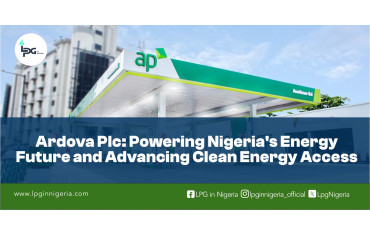
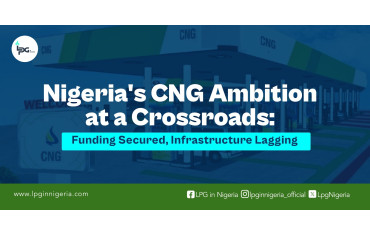
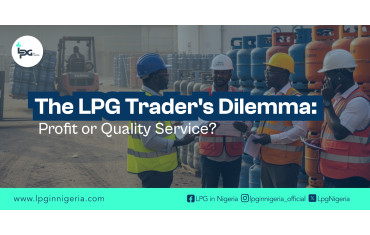
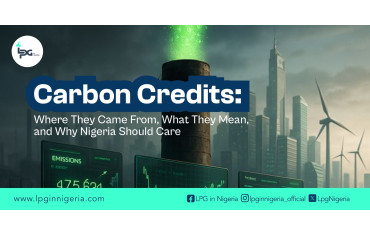
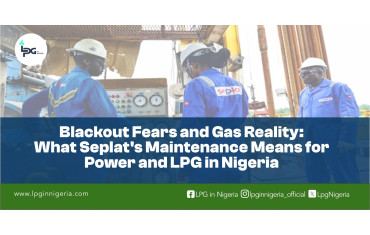
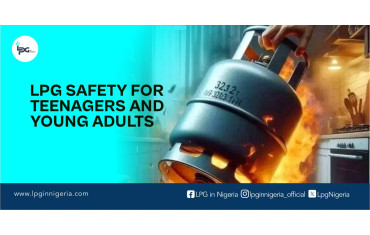





Ugbaje Innocent
14 November 2024 - 03:43amNigeria's gas sector holds immense potential. Our firm collaborates with local entrepreneurs meeting government requirements, promoting LPG adoption, women's empowerment and nationwide business growth, which also aligns with MDGIF initiatives. The truth is not many are aware of this opportunity and we strive to raise awareness about these opportunities and we believe that the economy will do well if they are funded or encouraged by the government.
Reply